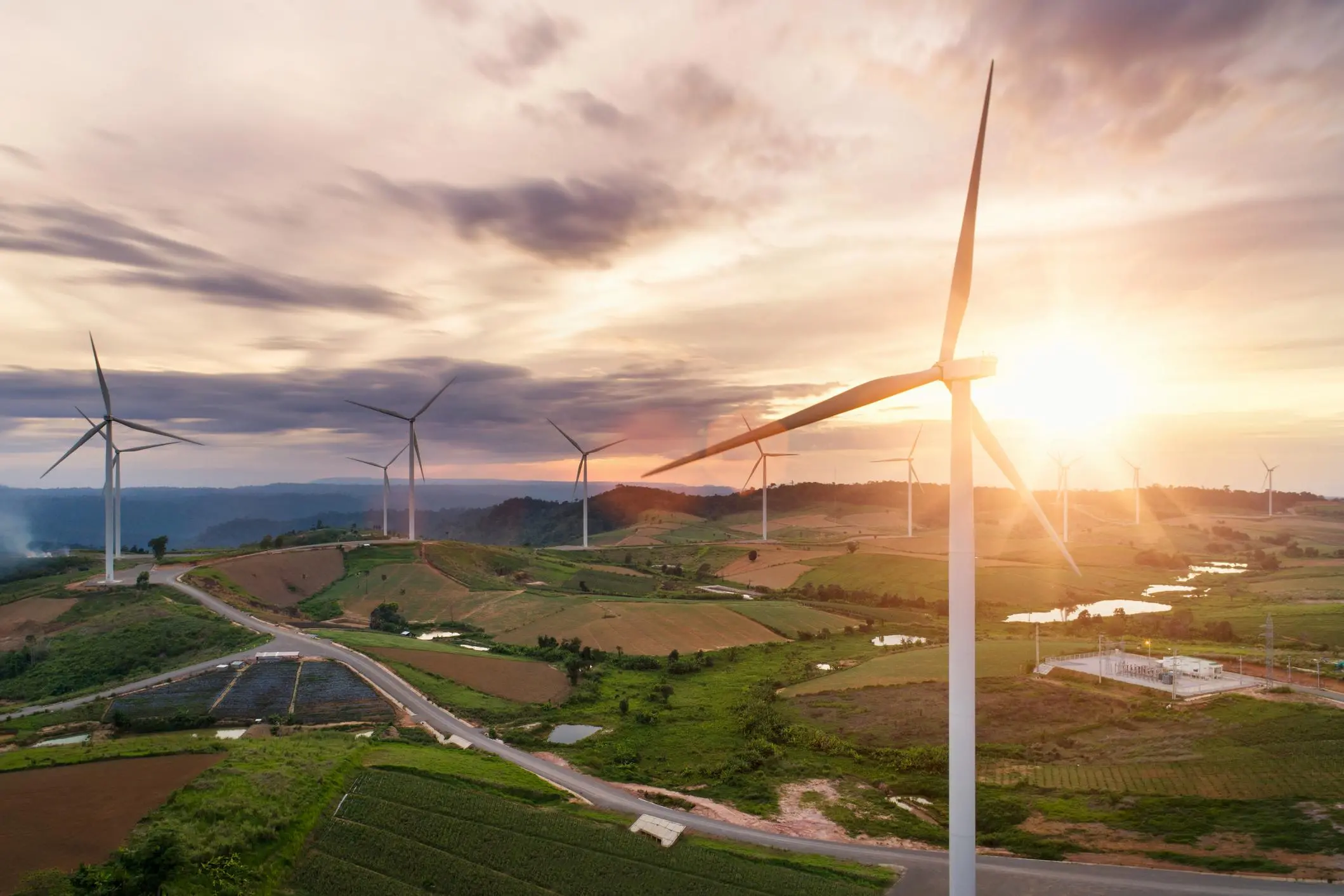PHOTO
BEIJING- China will force regional grid firms to buy at least 40% of power from non-fossil fuel sources by 2030 in order to meet the country's climate targets, according to a new government document seen by Reuters.
Grid companies will steadily increase the amount of power purchased from clean generation sources from 28.2% in 2020 to 40% by 2030, according to a draft policy from the National Energy Administration (NEA), verified by a person with direct knowledge of the matter.
President Xi Jinping pledged last year to make China "carbon neutral" by 2060, and said in December it would boost the share of non-fossil fuels in primary energy consumption to around 25% by 2030 from a previous commitment of 20%.
"To ensure President Xi's climate targets...(China) will set more stringent targets for non-fossil fuel consumption," the NEA document said.
Power procured from non-hydropower renewable sources will reach a minimum of 25.9% by 2030, up from 10.8% last year, according to the draft plan, which has been opened up for consultation with stakeholders until Feb. 26.
The targets suggest China will rely on solar and wind to meet its renewable goals, and move away from the construction boom of large-scale hydroelectric projects in recent years.
In December, Xi also said that China will boost its installed capacity of wind and solar power to more than 1,200 gigawatts (GW) by 2030.
The targets set out in the NEA document are based on estimates that China's total power consumption will reach 11 trillion kilowatt-hours and primary energy consumption will hit 6 billion tonnes of standard coal equivalent by 2030, according to the policy draft.
The NEA did not immediately respond to Reuters' request for comment.
China's renewable energy law compels local grid firms to "fully acquire" all power generated by renewable sources.
But grids have been accused of prioritising coal-fired power, and inadequate transmission capacity has also hindered the uptake of renewables.
China built 38.4 gigawatts (GW) of new coal-fired power capacity in 2020, more than three times the rest of the world.
However, China's utilities including China Huadian Corp , China Huaneng Group and State Power Investment Corp (SPIC), have promised to improve their clean energy portfolio.
(Reporting by Muyu Xu in Beijing and David Stanway in Shanghai; Editing by Ana Nicolaci da Costa) ((muyu.xu@thomsonreuters.com; +86 10 56692117;))





















